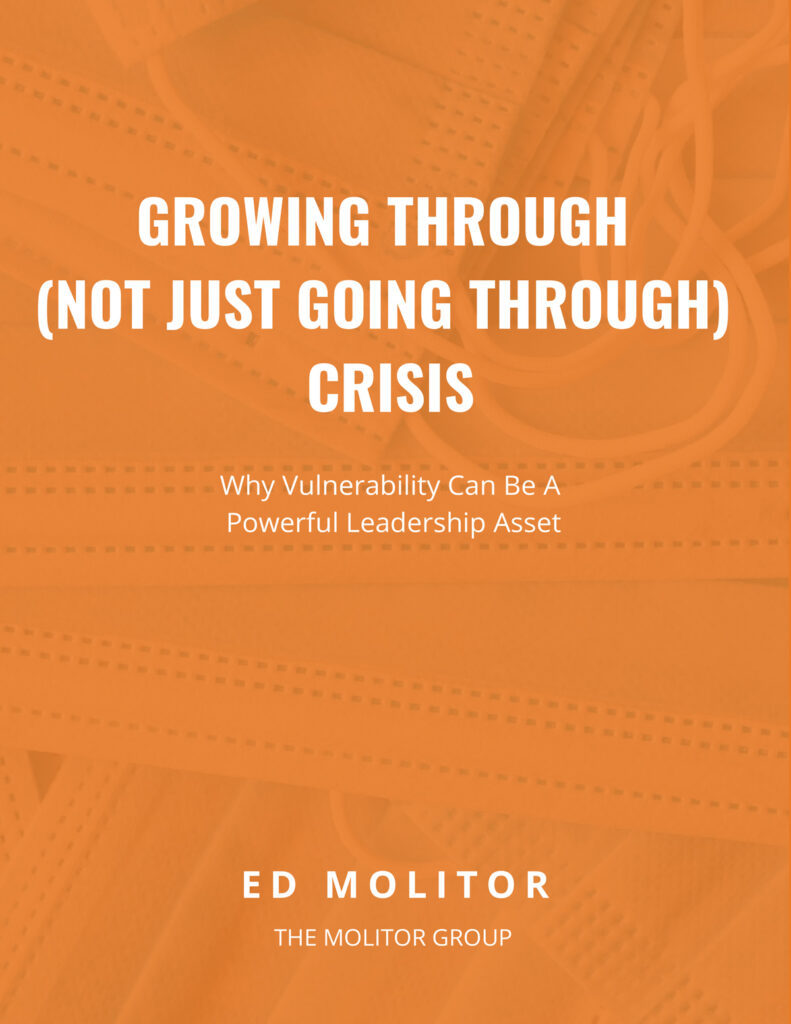As a leader in your business, if you can demonstrate your values of honesty, effort, integrity, resilience, discipline, commitment, and caring, you are more likely to inspire those values in others. So, what makes a great leader? And how do we use those personal qualities to get the most out of our staff?
It can often be a challenge to get your team members to engage fully with your organization’s core values. Your role is to treat everybody the same way — with respect and dignity and understand the external factors people have to contend with in their personal lives. But you can’t connect with or coach everyone the same way; everyone on the team has different personalities, skills, and experiences.
Respect and Dignity
Your expectations of what your team can accomplish are going to differ from individual to individual, player to player, but your expectation of effort shouldn’t. And when we’re talking about effort, we’re not just thinking about the physical aspect but the mental effort too.
A great leader treats all the members of their team equally but mentors each person differently.
The experience level of your staff members has a large part to play in which of your qualities as a leader you bring to the fore. For example, sometimes you need to display more patience with newer team members as opposed to those who are more senior in the organization. It’s also helpful to support more junior members of the team to understand the need for being patient with themselves as a core personal value.
What makes a great leader? This is a question that people looking to get to the next level often ask themselves.
Know Your Strengths
The team leader needs to know their own strengths and their weaknesses. To help your team reach their potential, you should not only be playing to your strengths but theirs. When you set your team stretching, attainable goals, and develop a plan of action to reach those goals, you will build on your successes time and time again.
Success after success is a choice; it is a progressive accumulation of predetermined personal, worthwhile goals that you can guide your team towards. Of course, that doesn’t mean that you never fail — you will almost certainly fail sometimes.
The difference between a great leader and an indifferent one is the mindset; if you fail, if someone on your team falls flat on their face, the path to success lies in picking yourself up, helping your teammate up off the ground, and learning from that failure.
The meaning of motivation versus inspiration is that motivation is finding a way to get people to do things they most likely don’t want to do and inspiration is about getting people to achieve things they never thought possible. A thoughtful leader can inspire the people around them by sharing stories of other successful people, other successful failures, and other people who fell down many times but picked themselves up and kept going.
Great Leaders Have the Quality of a Growth Mindset
A growth mindset is a critical quality in a leader because you are not only growing your business and developing your own skills; you are growing and expanding the opportunities for others. As a leader, you should be inspiring a productive, positive attitude in the people around you.
People have to feed their minds daily, starting with a hard look at whether they have the right mindset for the task at hand. One of the qualities of a great leader is to examine how your team sees themselves and how that impacts their performance at work.
Focus on self-image, stay positive and optimistic, and share your energy, enthusiasm, and honesty with the team. After all, If you have a vision and can help others share that vision with a passion and a strong work ethic, the whole team can accomplish things that six months ago, they didn’t think they were even capable of.
Develop Your Team
People today want three things:
- They want to know that they are valued
- That their work has meaning and purpose
- They want to be coached.
But where leaders often fall short is when they think that coaching should only happen when it’s convenient for them, convenient for the boss. They don’t understand that coaching truly is a 24/7 thing. Because great leaders are always there for their people, their relationships are based on the trust, connection, and love that they develop as a team, whether it’s in the athletic world or the business world.
As the saying goes: a good leader inspires people to believe in a leader; a great leader inspires people to believe in themselves.
As you try to better understand what makes a great leader, head over to our website for more valuable information.




